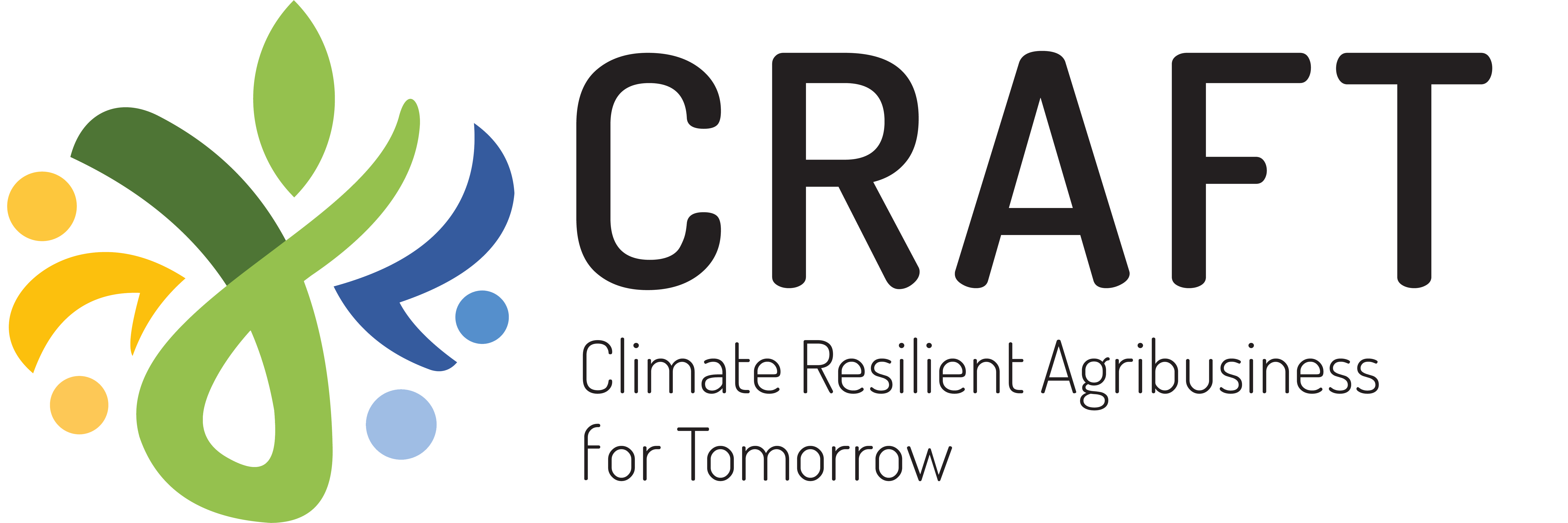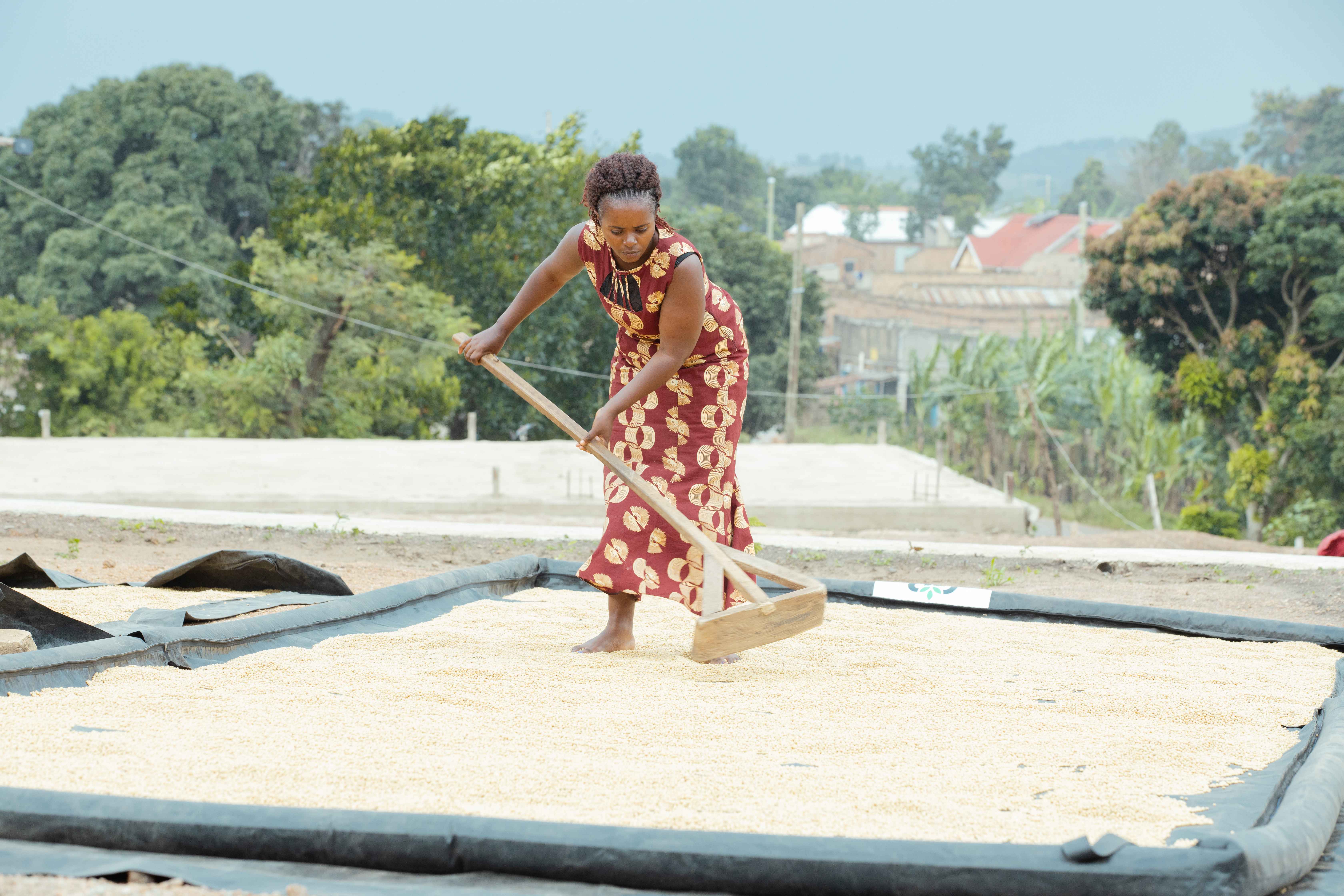Smallholders’ integration into agri-food value chains emerged as a popular mechanism for transforming food systems and alleviating poverty in agrarian communities. However, value chain development initiatives are increasingly being challenged for their lack of inclusiveness – the gains scarcely accrue to marginalized communities of the population that need them most, but mostly benefit resource-richer farm-households, thereby widening social inequality. There is no clear consensus on what drives disparities in value chain participation and the level of value chain service utilization.
We rely on field data from soybean smallholders in Uganda to (a) describe how participation in value chain service use evolves, (b) assess the drivers and barriers to participation in value chain service use, and (c) explain why participants use different value chain services.
We find that value chain service providers safeguard themselves against risks and losses, and implement measures that eventually exclude resource-poor farm-households from participating in value chain service use. Further exclusion happens at value chain service utilization once participation has taken place. We discuss the implications of these results for achieving inclusive and resilient food systems.
Read the paper here.










